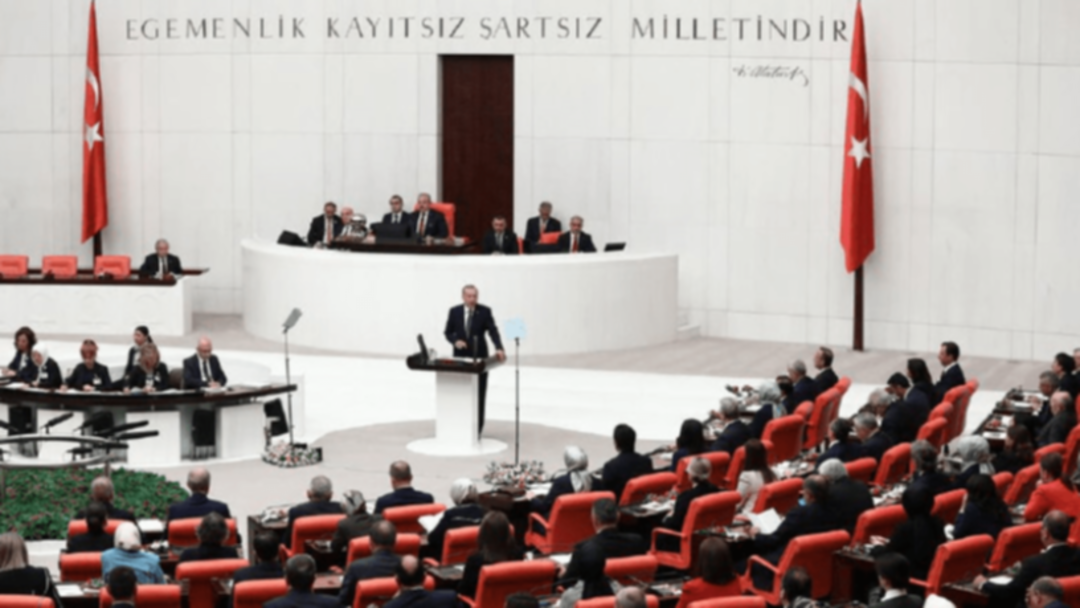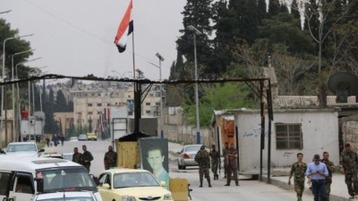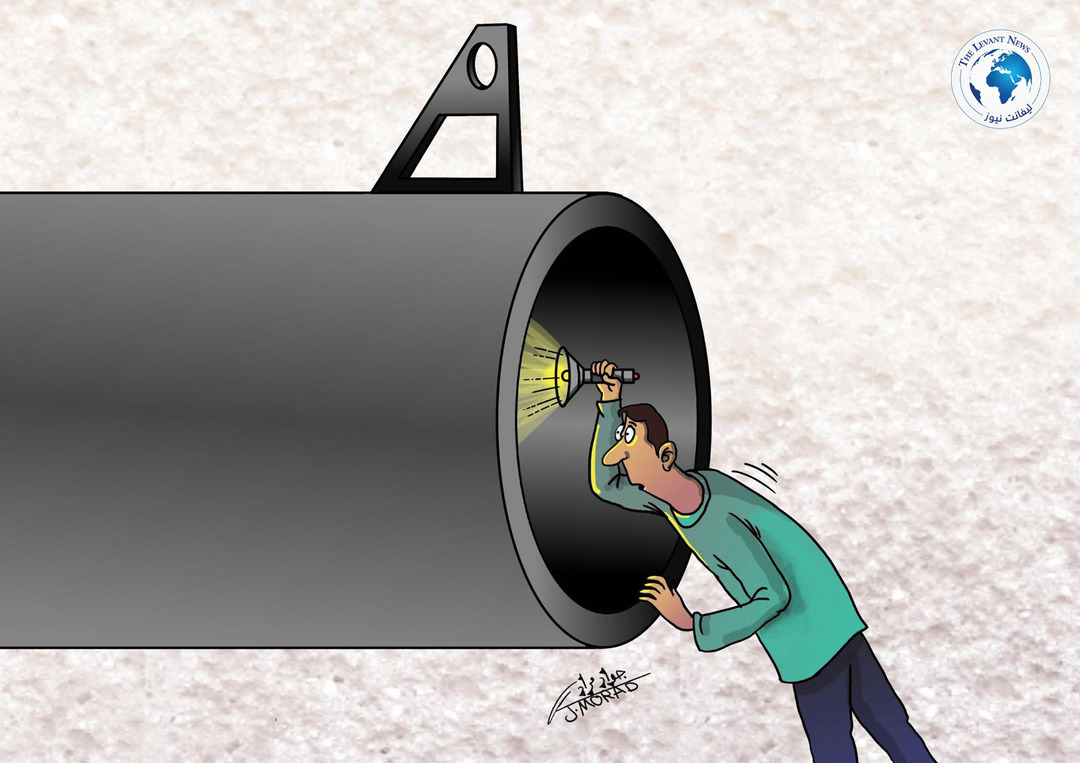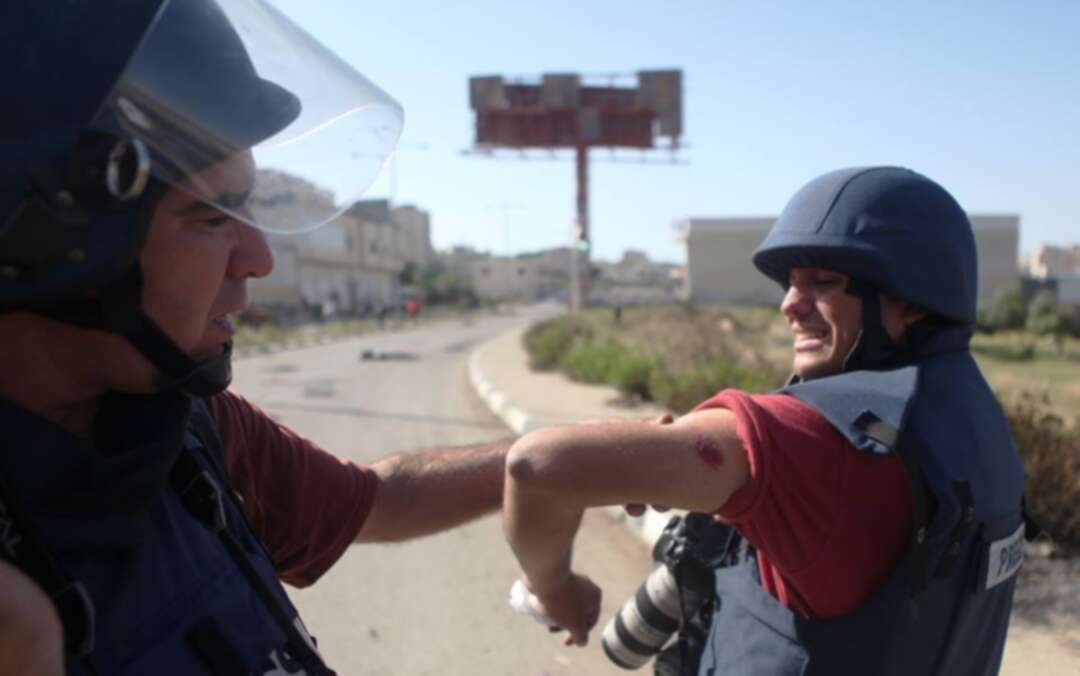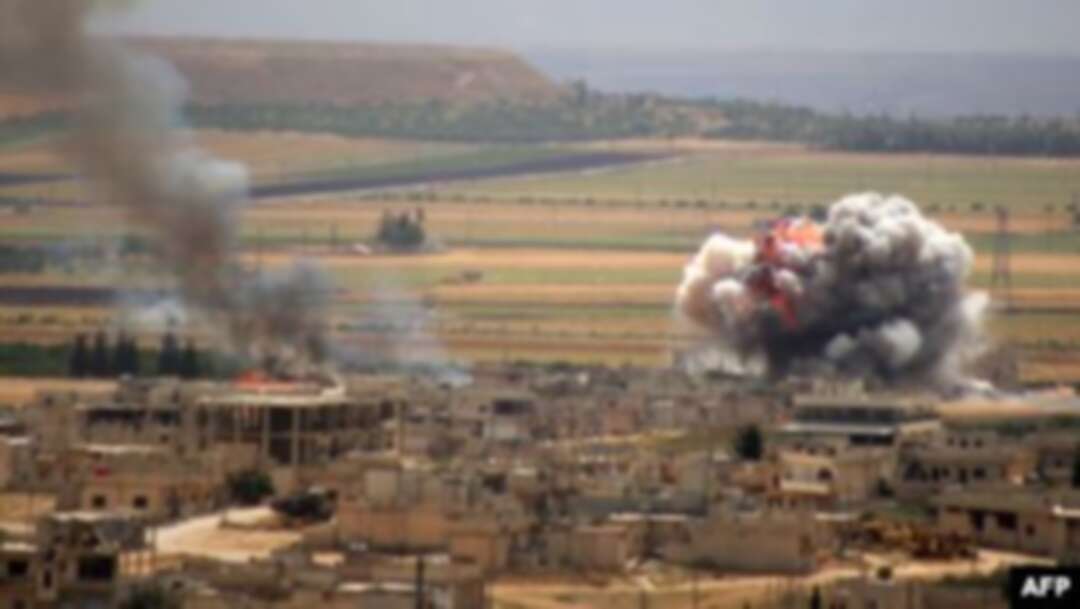-
Window to containing coronavirus in Mideast closing after cases double in a week: WHO
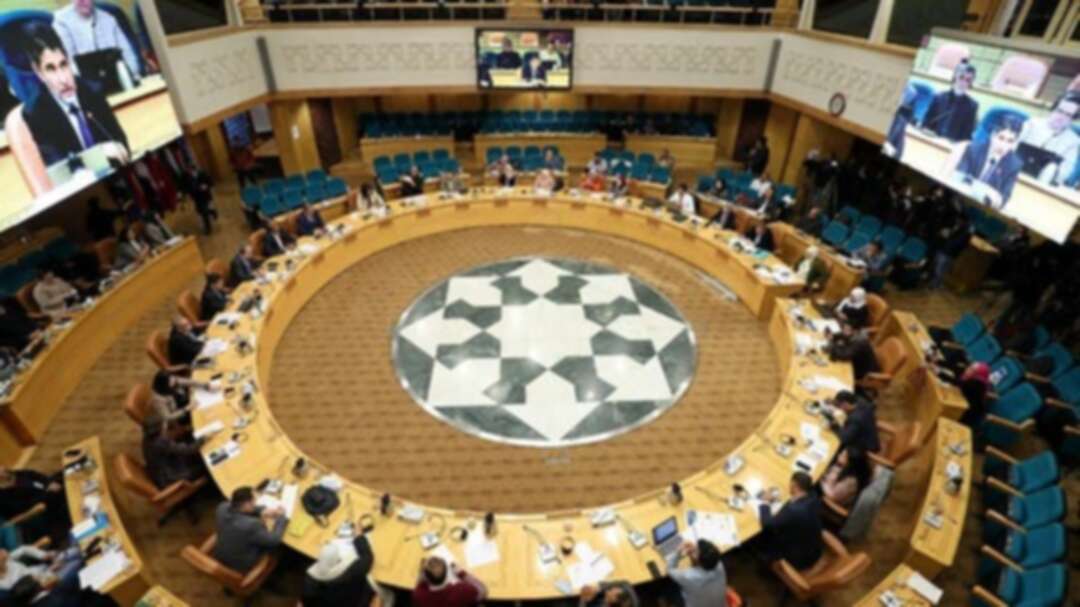
Governments in the Middle East need to act fast to limit the spread of the coronavirus after cases rose to nearly 60,000, almost double their level a week earlier, the World Health Organization (WHO) said on Thursday. in a week
"New cases have been reported in some of the most vulnerable countries with fragile health systems," said Ahmed Al-Mandhari, the WHO's director for the Eastern Mediterranean region, which includes Pakistan, Afghanistan, Somalia, and Djibouti, as well as Middle Eastern states.
Even in countries with stronger health systems, we have seen a worrying spike in the numbers of cases and deaths reported," he said in a statement.
Outside of Iran, which has reported just over 50,000 cases, confirmed coronavirus numbers have been relatively low in the Middle East compared to Europe, the United States, and Asia.
But health officials fear that cases of the highly contagious respiratory illness caused by the virus are under-reported and that many countries with weak governments and health systems eroded by conflict will struggle to cope.
"I cannot stress enough the urgency of the situation," said Mandhari. "The increasing numbers of cases show that transmission is rapidly occurring at local and community levels."
"We still have a window of opportunity, but this window is slowly closing day by day," he added.
The total number of cases in the region has risen to 58,168 from 32,442 on March 26, the WHO said, on a day when global COVID-19 cases crossed the 1 million mark.
One of the countries worst affected by the conflict in Yemen, where the World Bank said on Thursday it would provide $26.9 million in emergency funding to help the WHO and local authorities improve capacity for detecting, containing and treating the coronavirus. in a week
Yemen has not confirmed any coronavirus cases but is seen as especially vulnerable because a five-year conflict has brought its health system to the brink of collapse.
It has already been struggling with overlapping infectious diseases including cholera, diphtheria and dengue fever, and large numbers of people have been displaced by the war.
About 24 million out of a population of 29 million need humanitarian assistance. There are no doctors in 18 percent of the country's districts, most healthcare workers have not been paid for at least two years, and COVID-19 testing kits are available for just 600 people, according to the World Bank.
"The epidemic does pose unique public health risks in Yemen… given the already weak health system and the high vulnerability among the population," said Marina Wes, the bank's country director. levant
source: Reuters levant
You May Also Like
Popular Posts
Caricature
opinion
Report
ads
Newsletter
Subscribe to our mailing list to get the new updates!




